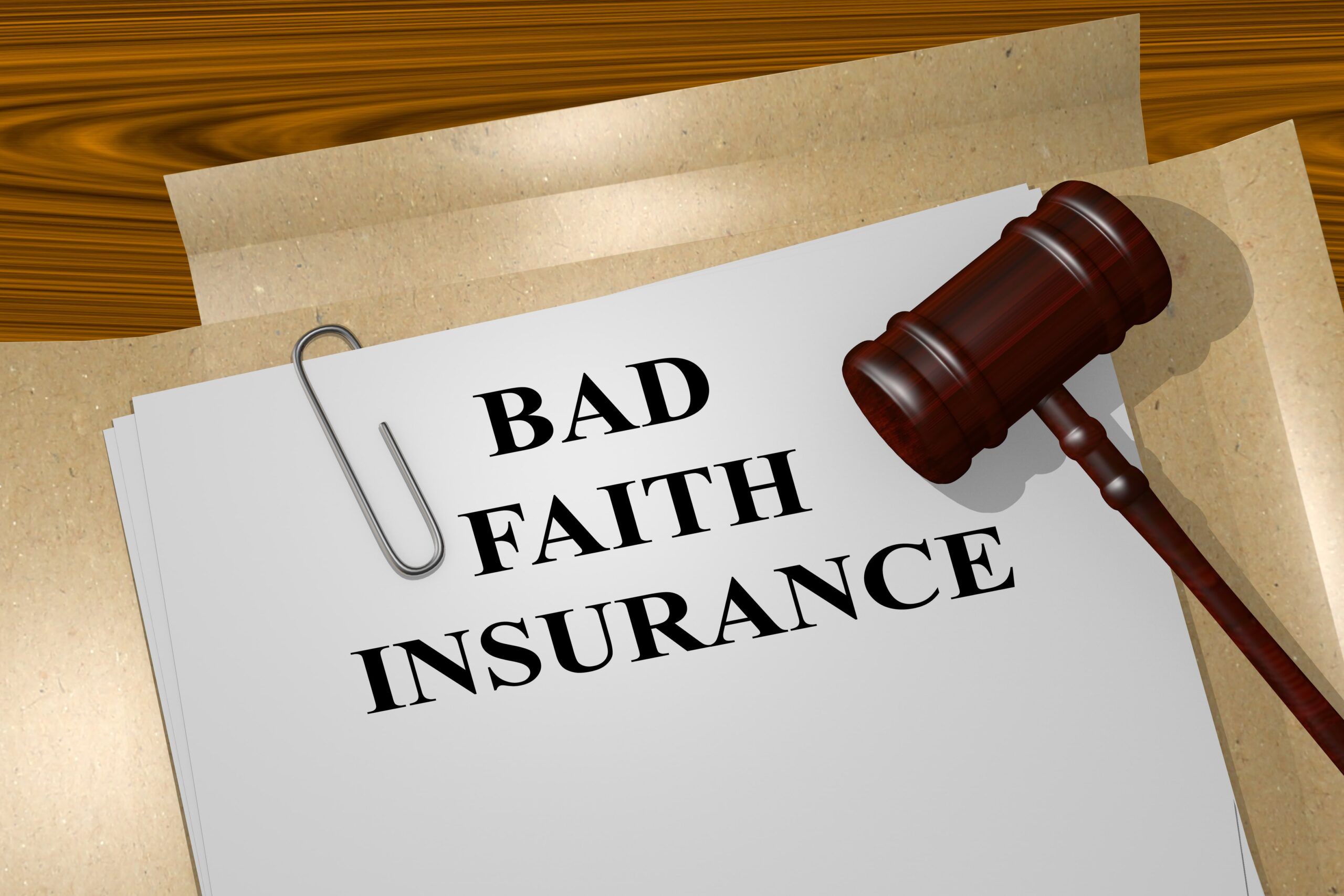
When you purchase insurance, you expect it to offer financial protection and peace of mind. However, what happens if your insurer doesn’t uphold their end of the bargain? This is where the concept of a “bad faith insurance claim” comes into play. If you’ve been wronged by an insurance company, you may be entitled to more than just the amount owed in your claim. In this article, we’ll explore what constitutes a bad faith insurance claim, how to recognize one, and the steps you can take to protect your rights.
A bad faith insurance claim occurs when an insurance company denies or delays payment of a legitimate claim without a reasonable basis.
Insurance companies have a legal obligation to act in good faith toward their policyholders, as outlined in the insurance contract.
When they fail to honor their obligations, it can significantly affect you, leaving you in a difficult position.
Not all insurance claim denials are the result of bad faith. Sometimes, policies contain exclusions or limitations that prevent coverage.
However, if you suspect that your insurance company is acting in bad faith, consider the following signs:

If you believe your insurance company is operating in bad faith, the following steps can help build a strong case:
If you win your bad faith case, you may be entitled to the following types of damages:
Dealing with bad faith insurance practices can be frustrating, but there are steps you can take to seek justice:

An insurance company can get into trouble for not being fair with your claim. This means if they don’t look into your claim properly, say no to something they should pay for, or offer you too little money, that’s called bad faith. They are supposed to be honest and fair with you, making sure you get what your policy says you should.
A bad faith denial occurs when an insurance company denies a claim without a valid reason or refuses to pay for a claim that should be covered under the policy.
Victims of bad faith insurance practices can recover compensatory damages, punitive damages, attorney’s fees, and interest on the unpaid amount.
To prove bad faith, you need to show that the insurer failed to investigate your claim properly, delayed processing, or denied the claim without a reasonable basis.
Insurance companies are supposed to help you in times of need, not make things harder for you. If you feel your insurer has acted in bad faith, it’s important to understand your legal options. The team at Manchin Injury Law Group is here to help you navigate the process of filing a bad faith insurance claim.
If you suspect your insurance company has acted in bad faith, don’t wait—contact the Manchin Injury Law Group today. Our experienced attorneys are ready to help you secure the compensation you deserve. Reach out now for a free consultation.

Member at Manchin Injury Law Group
Attorney at Personal Injury

Attorney Timothy Manchin established the Manchin Injury Law Group in 2011 after his law partner of more than 25 years became a West Virginia circuit court judge. His focus is on helping individual clients and entire families victimized by negligent acts.
We offer a free initial consultation at our office in the Manchin Professional Building — our home since 1983 — conveniently located in Fairmont.
If you are unable to visit our firm, we can come to your home or hospital room.
Fill out the form below to get in touch!